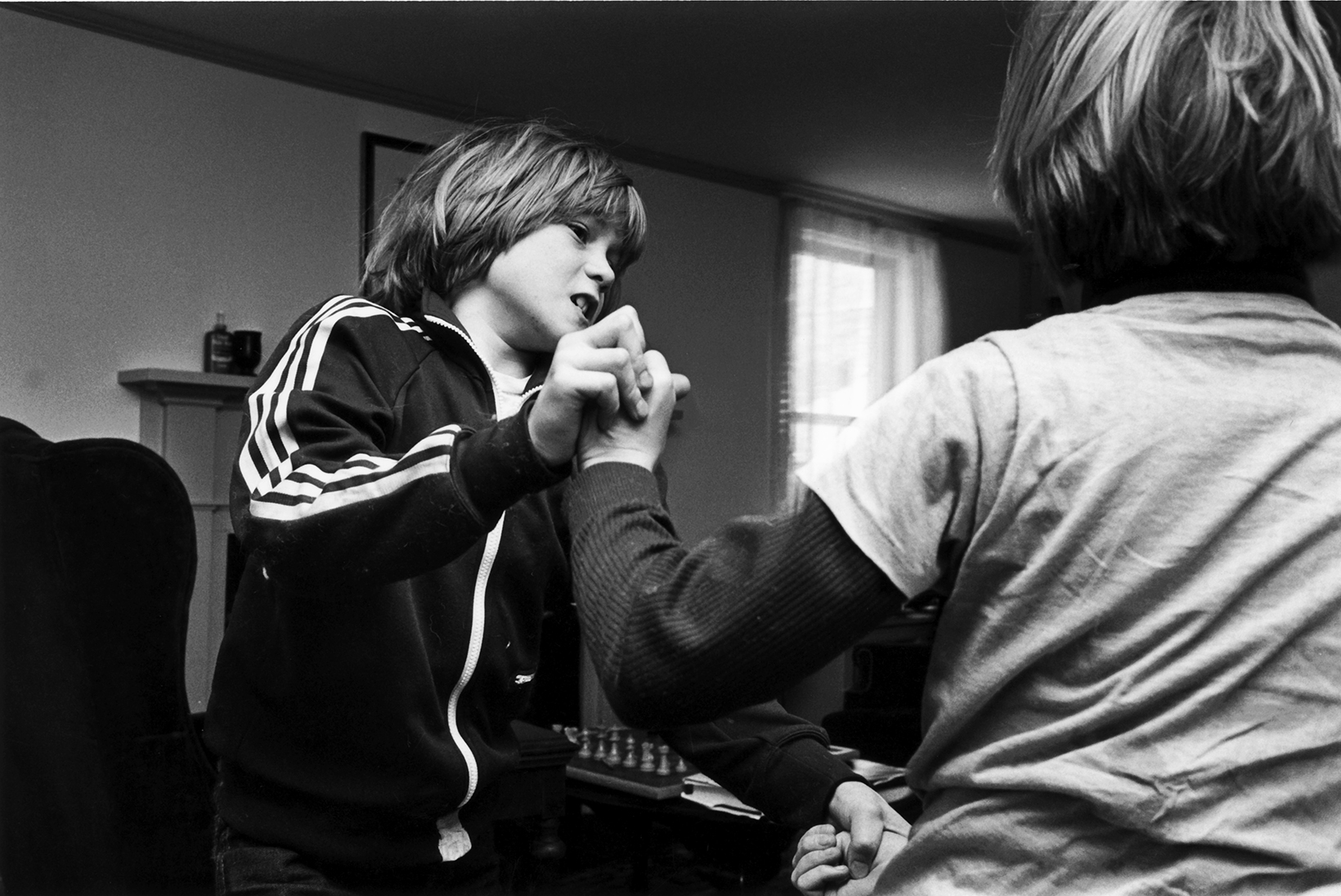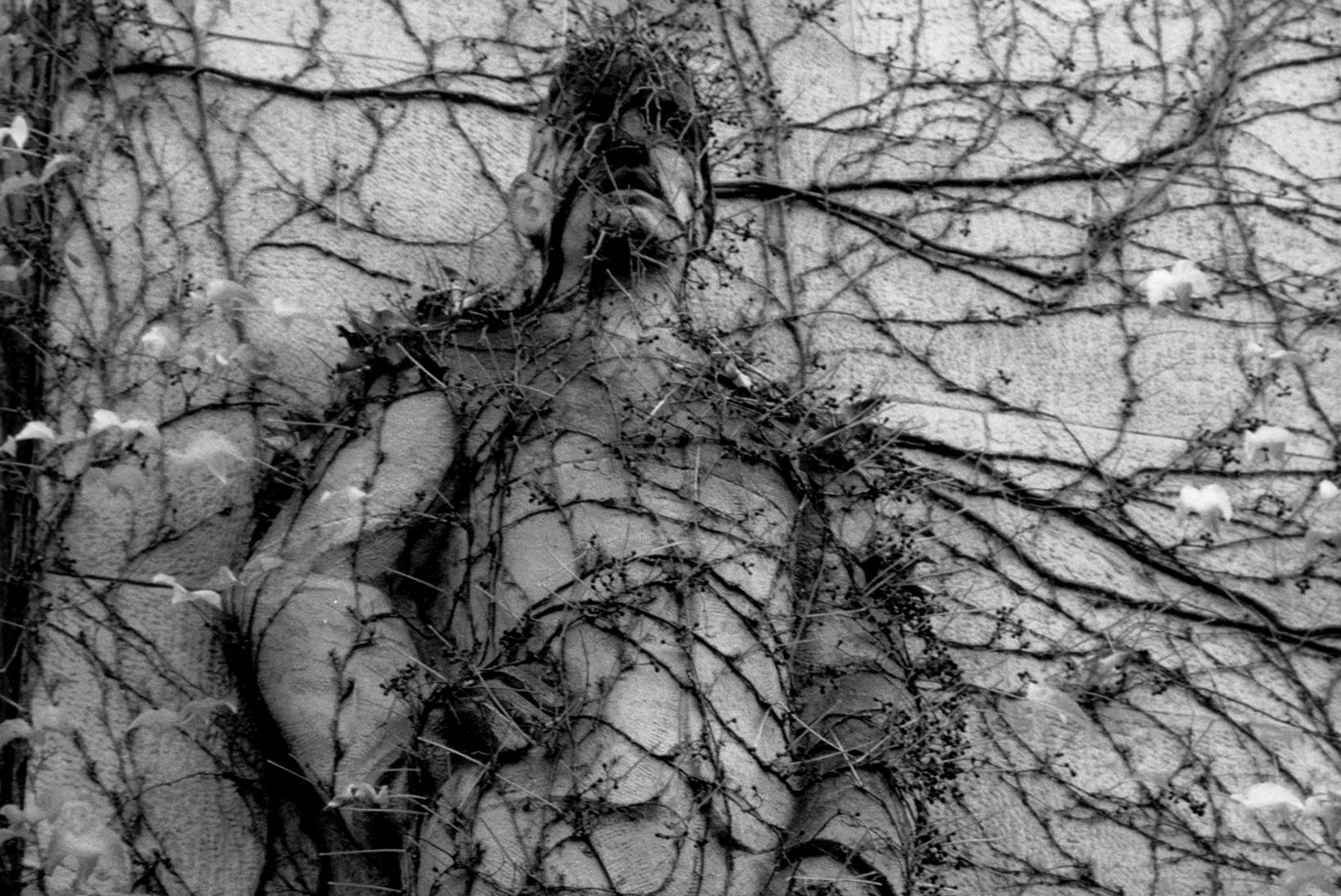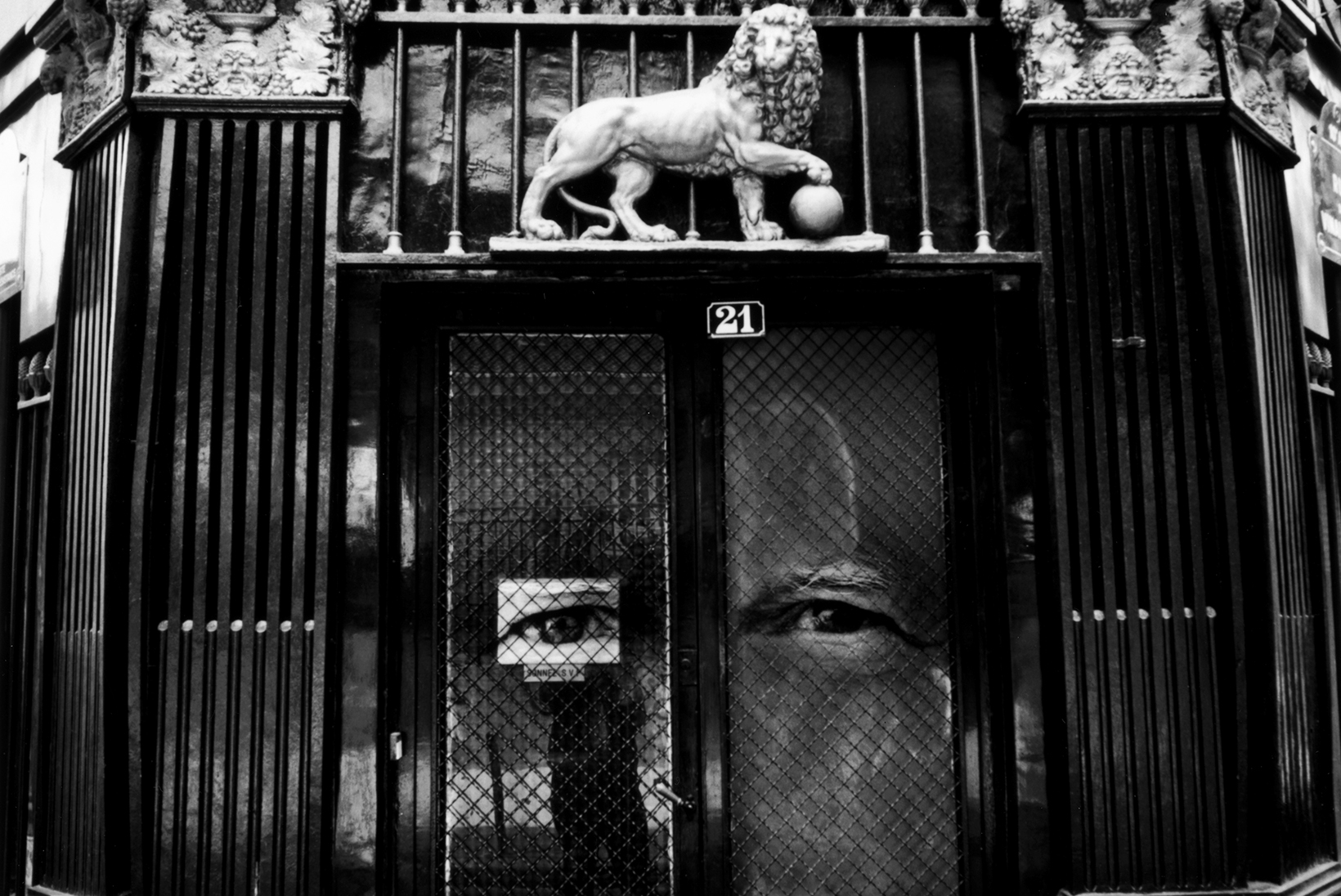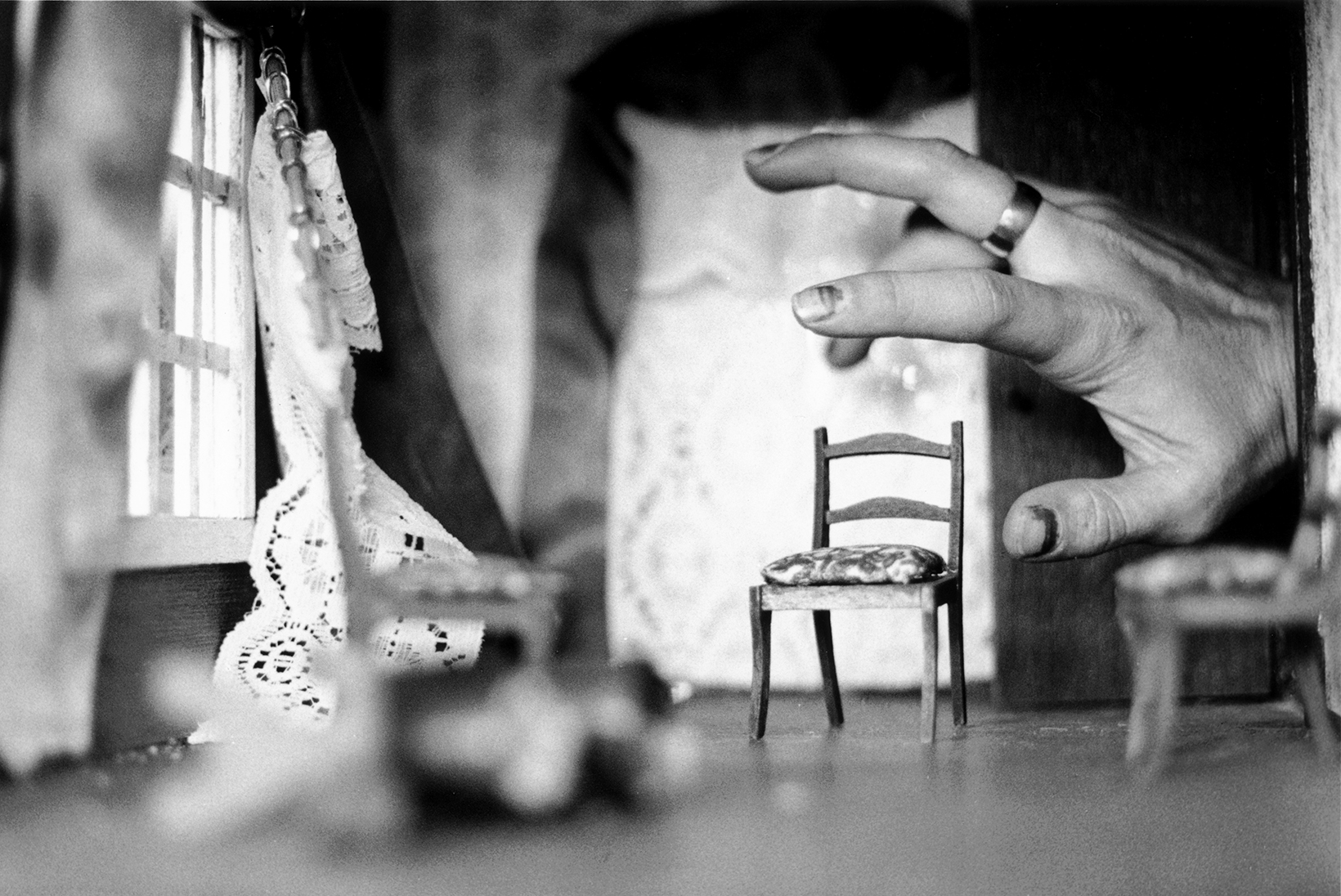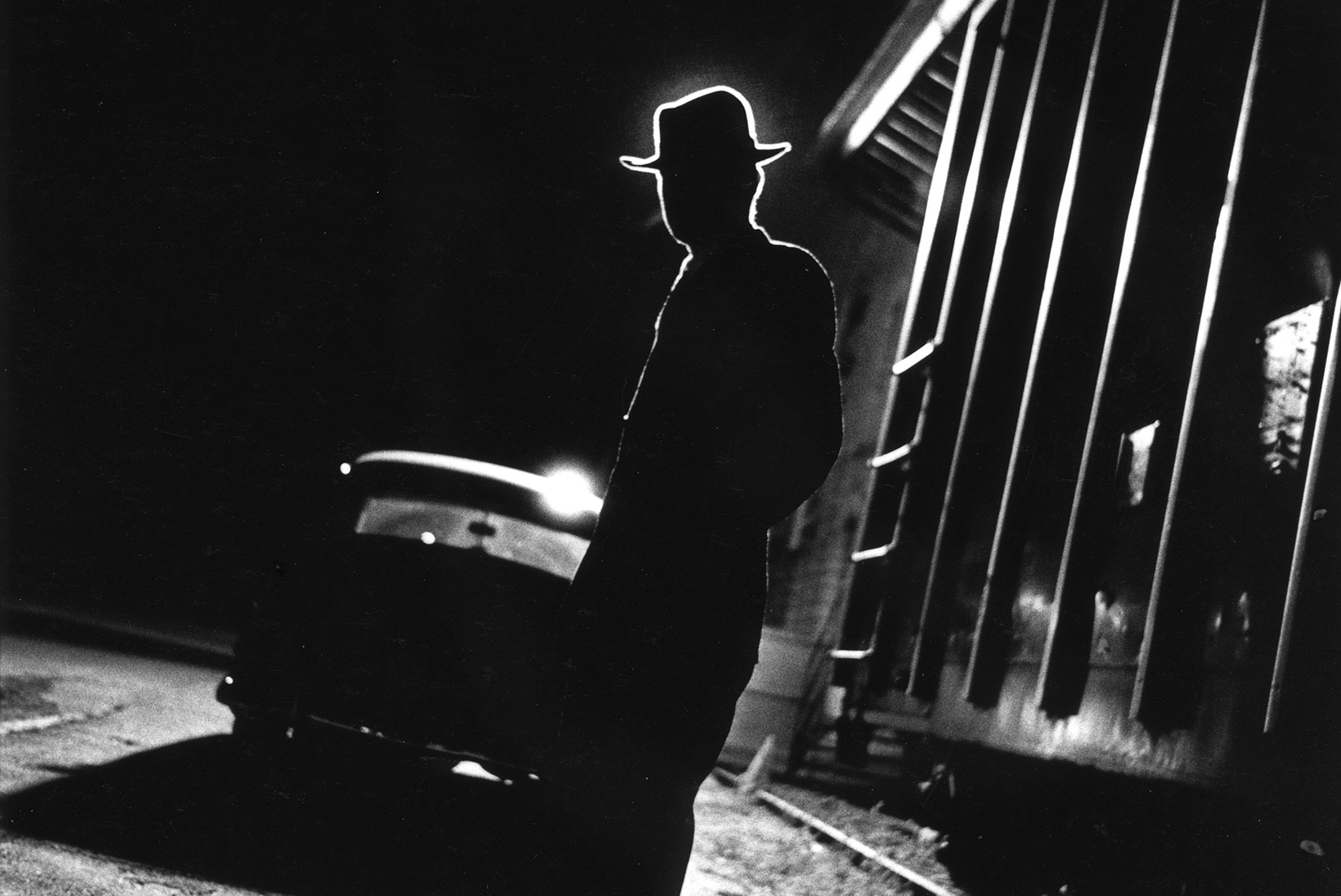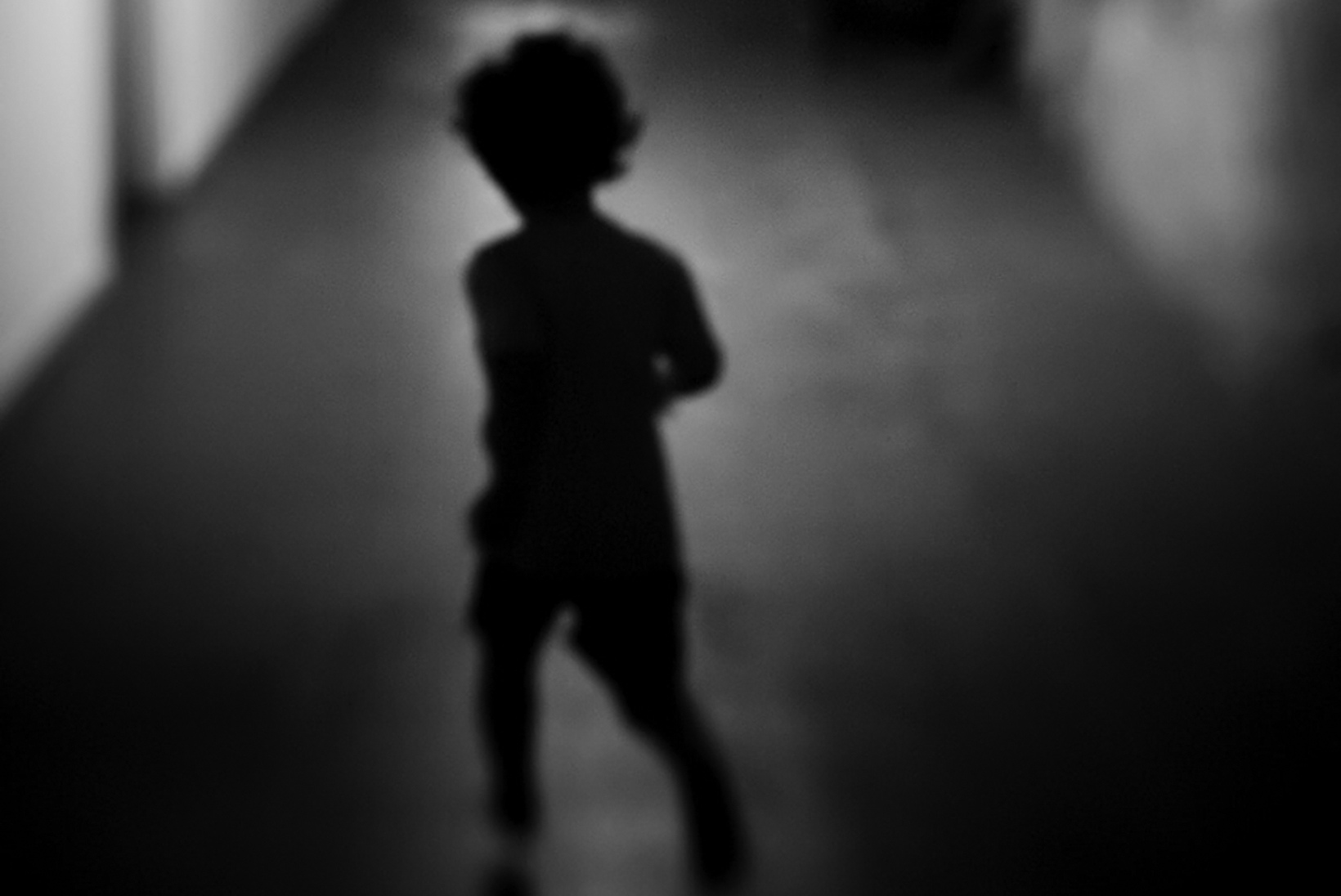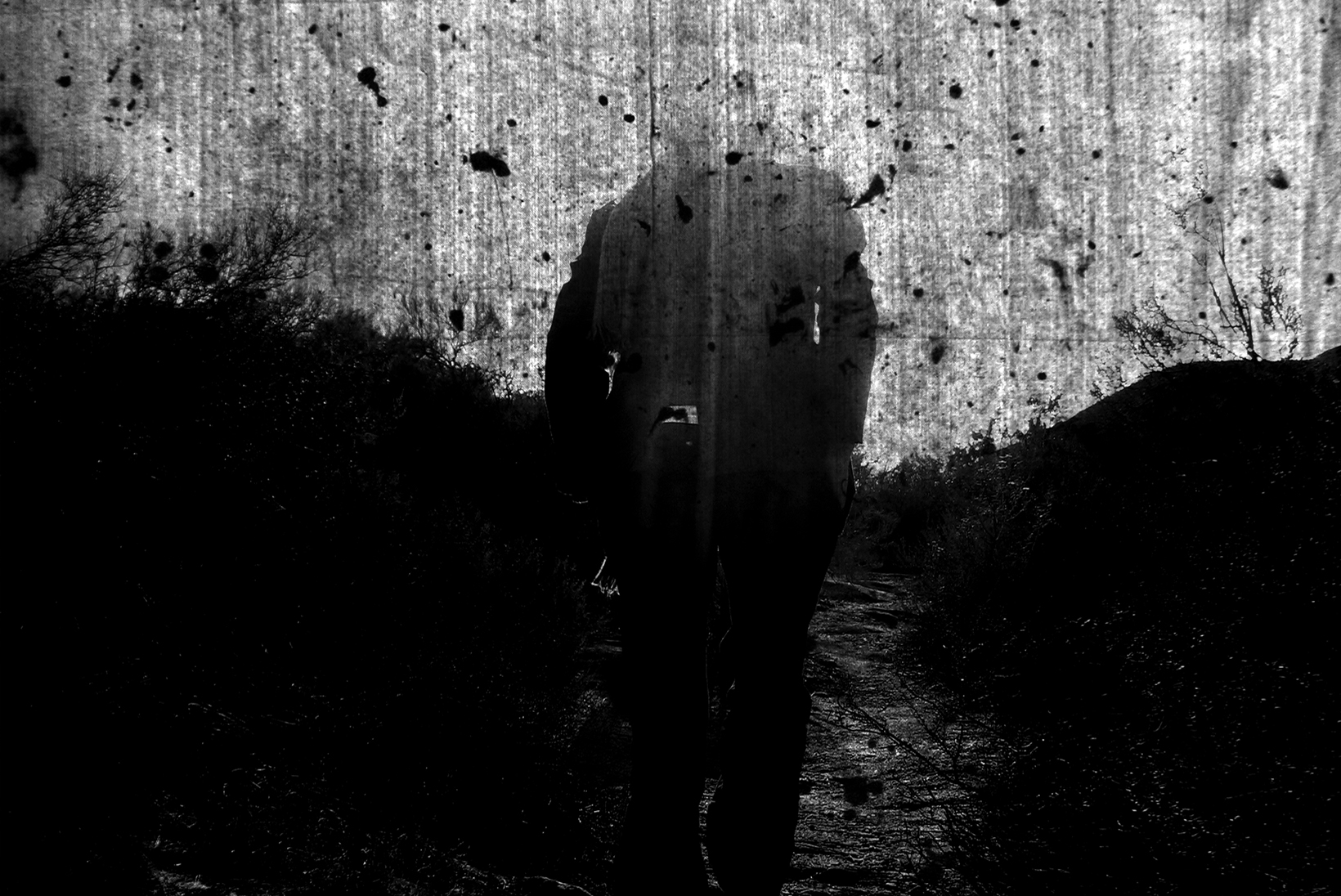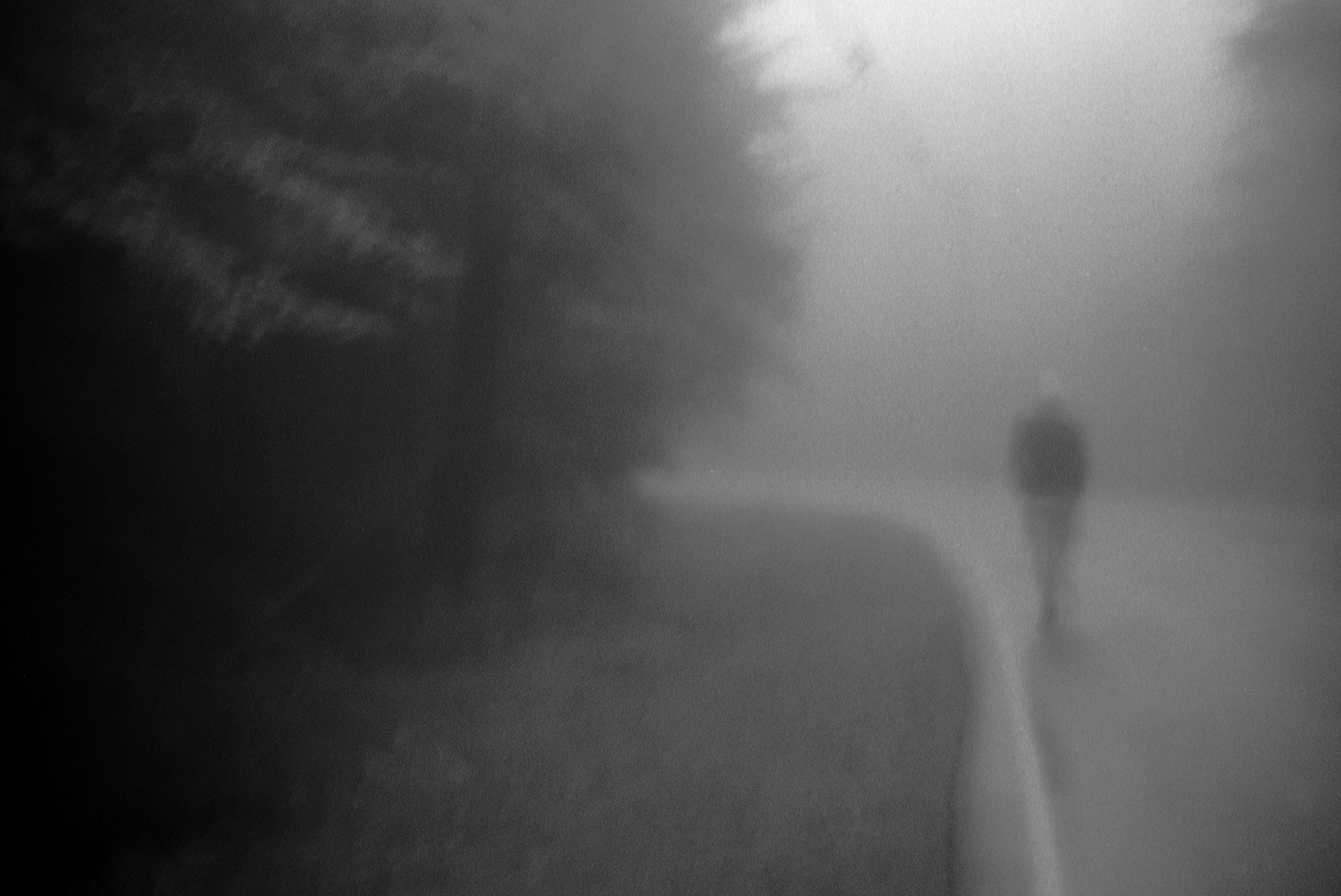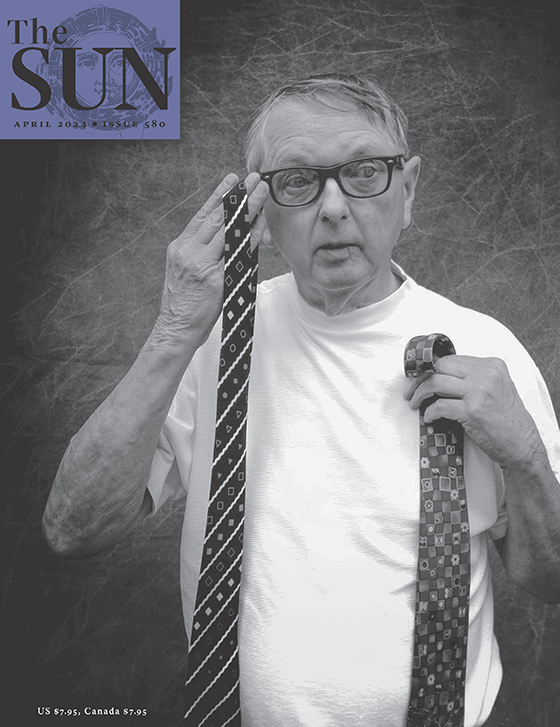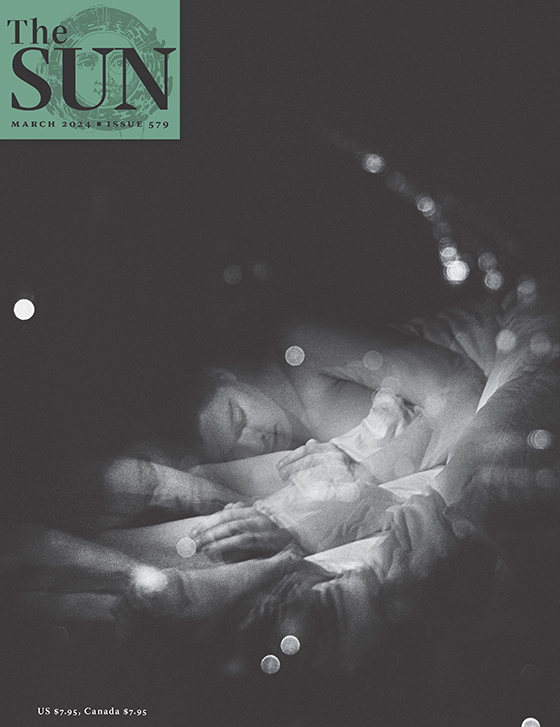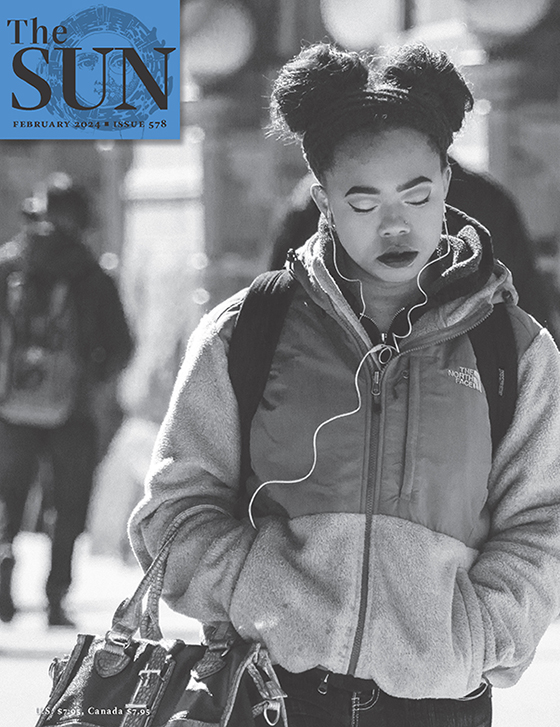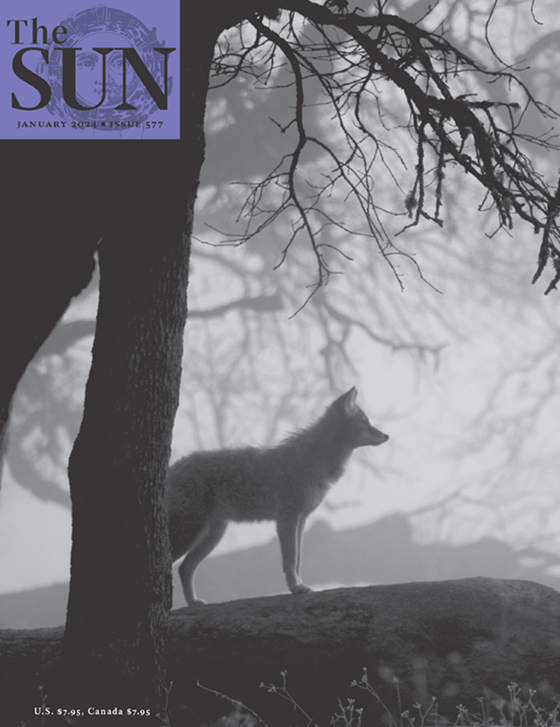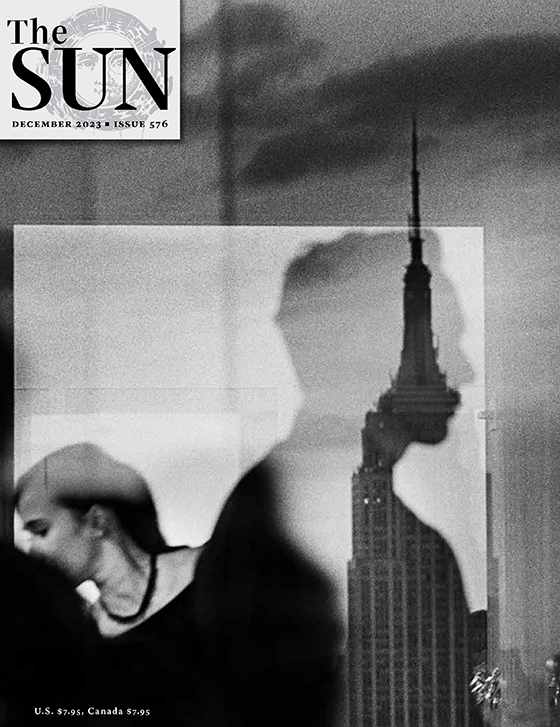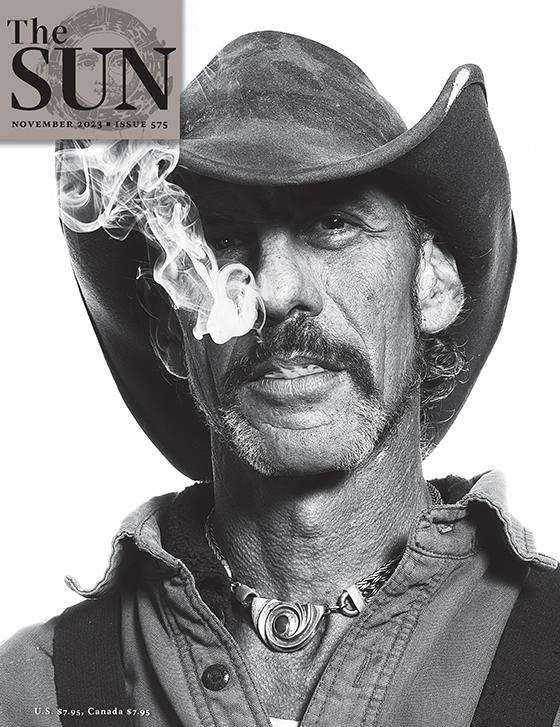July 2011
excerpted from
Women In Love
He climbed out of the valley, wondering if he were mad. But if so, he preferred his own madness, to the regular sanity. He rejoiced in his own madness, he was free.
July 2011
I didn’t feel like writing today, but here I am, lacing up my writing shoes. Here I am, lumbering around the track. That’s all it takes, the coach says. Just keep putting one word in front of the other.
Sunbeams
A broken leg can be remembered and located: “It hurt right below my knee, it throbbed, I felt sick at my stomach.” But mental pain is remembered the way dreams are remembered — in fragments, unbidden realizations, like looking into a well and seeing the dim reflection of your face in that instant before the water shatters.
The Voices Inside Their Heads
Gail Hornstein’s Approach To Understanding Madness
We must remember that no matter how serious someone’s emotional difficulties have been, they can completely recover. It’s crucial for them and their friends and family to know that. No expert knows enough about mental illness to say that you can’t improve. You might not know how to get better at this moment, but you have to start by knowing that it’s possible.
Not Suitable For Children
She looked as though she’d been jolted by electricity, her beautiful brown eyes alive with surging energy but puffy and gray underneath. At times her zest to complete tasks frightened my brothers and sisters and me, and I’d hide from her, even though I liked to help her cut out pictures for collages.
Stuck With Fred
When I first met Fred, I didn’t know he’d be a thorn in my side for twenty years. I didn’t know yet what Dostoyevsky had meant when he’d said, “Love in practice is a harsh and dreadful thing compared to love in dreams.” I didn’t know yet that the parts of us that are the most painful, the most difficult, the least susceptible to healing are the very parts that bind us most to others.
Guidelines For Mountain-Lion Safety
I was five years old the first time I saw the total interconnected harmonic clockwork of the cosmos, and it happened again when I was seven or eight, and possibly once more when I was reading the great philosophers and experimenting with hallucinogens in my late teens.
His Mrs. K
She sits in the kitchen with coffee and a view of the soft rain. This is her early-morning time alone and always the best part of the day, before he awakens and she must adjust to his moods, his needs. This, her hour of resolve — not to do anything in particular, but only to bear on through the morning.
Accident
They dragged him from the car (still screaming, he was later told), but they had to wait for the Jaws of Life for Anabelle, and he kept hearing that — the Jaws of Life, the Jaws of Life — and it didn’t really register what they were talking about; it was that device you see on the news that they use to pry people out of cars, and it usually means death, not life.
Selected Poems
— from “On West Stark Street, in the City of Portland, in the State of Oregon,” | I tell you about your boy Jesus, / A thin man says to me one day. / Jew-boy. You people forget that. / He Jewish through and through.
The Only Empty Place
Arriving late to a party / I had almost not been asked to / and being no longer young / almost had not joined / seated by hosts I barely knew

